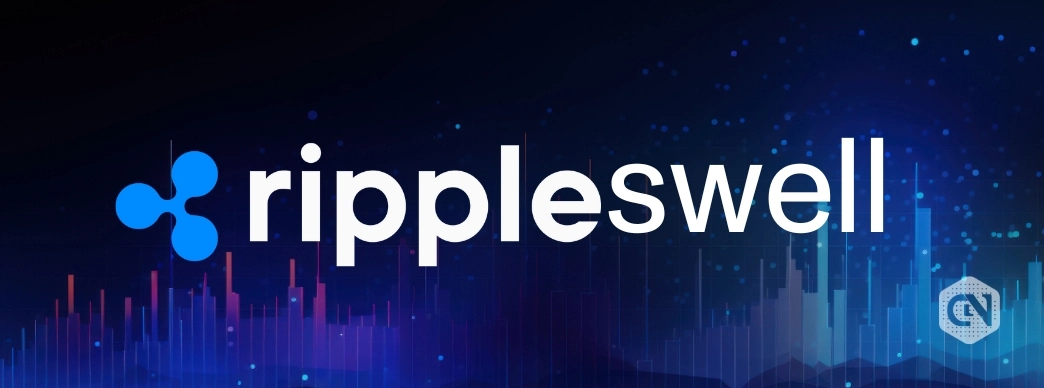Ripple’s Swell 2024 conference in Miami highlighted the intersection of blockchain technology and global aid, bringing humanitarian and technology leaders together. Among them was David Miliband, President and CEO of the International Rescue Committee (IRC), who joined a fireside chat to discuss how blockchain and stablecoins can transform aid delivery in crisis zones worldwide. Miliband’s conversation offered insights into the IRC’s mission, the evolving needs of global humanitarian aid, and the potential role of blockchain technology in meeting those needs.
Rethinking Aid Delivery with Stablecoins
The IRC, founded by Albert Einstein, operates in over 40 countries, offering life-saving support in areas of intense need, including Sudan, Ukraine, and Myanmar. Miliband explained the organization’s mission to “deliver the most effective aid possible” without merely “chasing the money” but by “chasing impact.” He described the IRC’s commitment to areas with urgent humanitarian needs where IRC’s expertise can bring significant change.
Amid escalating crises, he emphasized the IRC’s data-driven approach. “Sudan is the top [country]—20 million people in humanitarian need,” Miliband explained. This need is partly due to prolonged displacements, where the average refugee remains outside their home country for 17 years. In response to this, the IRC has begun prioritizing cash assistance, which offers flexibility for those displaced. When direct financial aid is challenging, Miliband said, “In some places we work, cash assistance is physical [cash].” However, with mobile phone access widespread among displaced people, digital cash transfers are becoming more viable. Blockchain’s potential here, he shared, is “vital for security and safety,” allowing funds to reach recipients more quickly and reliably.
IRC’s Partnership with Ripple
Advertisement
At Swell 2024, Ripple and IRC announced a partnership to pilot blockchain-based aid solutions. Ripple’s technology, including its forthcoming RLUSD stablecoin, is poised to help IRC deliver cash assistance through secure, traceable transactions. Miliband acknowledged that stablecoins could “reduce some of the friction” in delivering assistance globally, especially in regions where moving cash physically is risky or impossible. “The ability for something to be traceable…to know exactly where that cash is” offers crucial transparency and minimizes loss along the journey from donor to recipient, he added.
Ripple’s approach to building lasting relationships aligns with IRC’s goals. As Ripple representatives shared, “Our approach to our impact efforts has always been one of partnership,” emphasizing the importance of continuous learning and adaptability in addressing humanitarian challenges. Miliband agreed, underscoring the importance of a multi-year commitment, allowing IRC to take longer-term approaches to aid, particularly in regions experiencing persistent conflict.
Innovating Aid for a New Generation of Crises
The fireside chat with Miliband at Swell 2024 highlighted the need for innovative approaches to humanitarian aid in a rapidly changing global landscape. By collaborating with Ripple, IRC aims to harness blockchain’s transparency, efficiency, and security benefits, which Miliband sees as essential to meeting complex challenges. “If we simply try and pedal faster on our old bicycle, we’re not going to work,” Miliband remarked. The partnership between Ripple and IRC represents a proactive step in addressing the challenges of modern humanitarian aid, demonstrating the potential of technology to improve global aid delivery and ultimately make a meaningful difference for millions in crisis.
Advertisement








